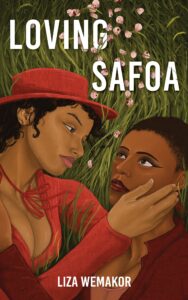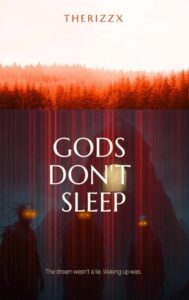 Title: Gods Don’t Sleep
Title: Gods Don’t Sleep
Author: TheRizzX (Rishi Raagav)
Publisher: Self-Published
Publication Date: June 20, 2025
Genres: Fantasy
Length: 10 pages
Source: I received a free copy from the author
Rating: 3 stars
Blurb:
Mr.Or was an famous singer, sings like an angel, but suddenly he gets into a weird obsession that makes him to go insane and paranoia with the three friends called Fates.
Content Warning: Insomnia and threats of bodily harm.
Review:
Some challenges should never be taken.
The fantasy elements of the plot were interesting and made me want to keep reading. The blurb doesn’t really do this part of the storyline justice, so this is a word of encouragement to keep reading if the blurb or the beginning doesn’t necessarily speak to you. Things change later on in the plot in ways that I thought were good for nearly everyone involved, and they made me wish for a sequel.
I struggled to understand the main character’s motivation for purposefully not sleeping for several days in a row. Sleep deprivation is such a miserable experience, at least for me, that I didn’t think the explanation that was given for his decision was sufficient. If I had more information about his personality and backstory, it would have made it easier for me to understand why he was drawn to this experience and what he hoped to glean from it.
While I’ve never gone five days without sleep, the descriptions of what it feels like to go more than a day without sleep felt pretty accurate to me early on this tale. I especially liked how the author emphasized how dreamlike the world can eventually feel when one has gone that long without getting any rest. It really does feel like a lucid dream in some respects, and not in a fun way. Time can feel like it speeds up or slows down and even ordinary experiences like trying to have a conversation can feel monumentally challenging.
Gods Don’t Sleep was intriguing.

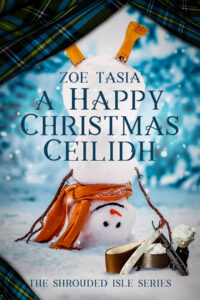 Title:
Title: 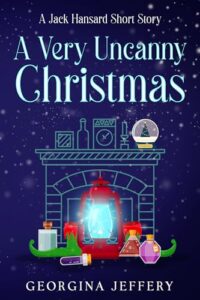 Title: A Very Uncanny Christmas – A Jack Hansard Short Story
Title: A Very Uncanny Christmas – A Jack Hansard Short Story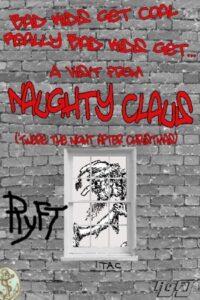
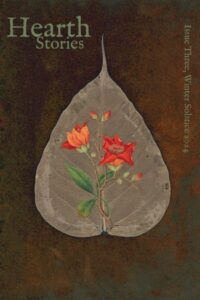 Title: Hearth Stories, Winter Solstice 2024, Book 3
Title: Hearth Stories, Winter Solstice 2024, Book 3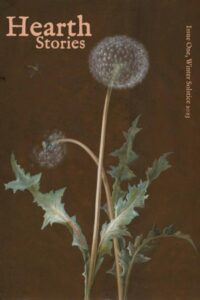 Title: Hearth Stories, Winter Solstice 2023
Title: Hearth Stories, Winter Solstice 2023 Title: The Hunger We Pass Down
Title: The Hunger We Pass Down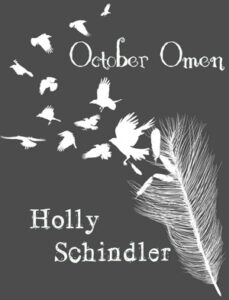 Title: October Omen
Title: October Omen Title: The Trail of Lady Shajarah
Title: The Trail of Lady Shajarah